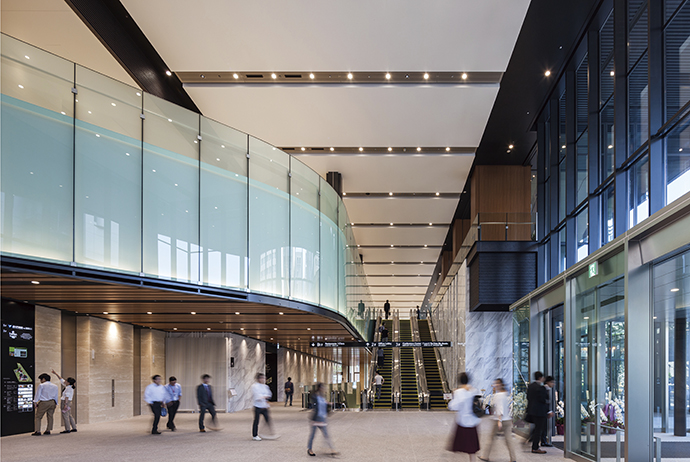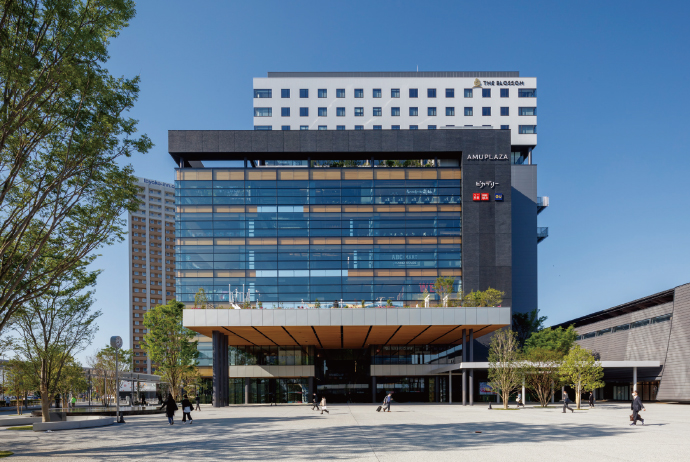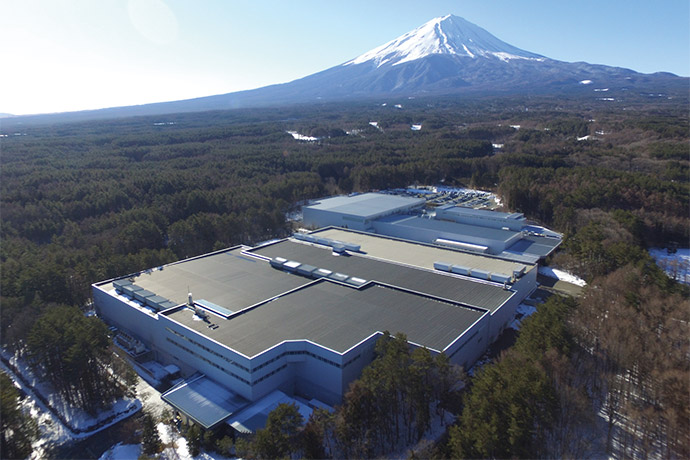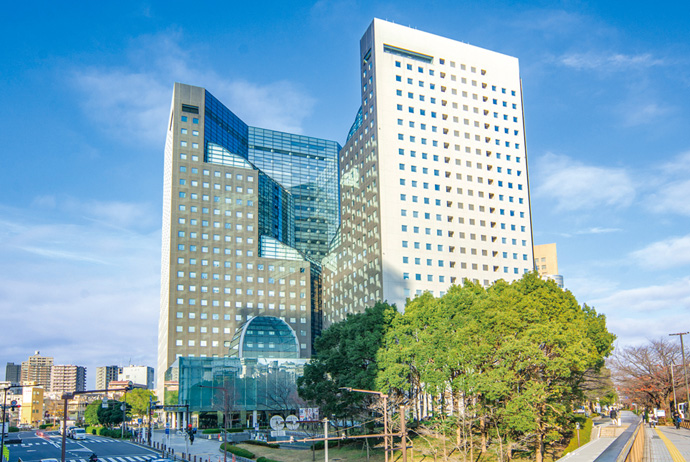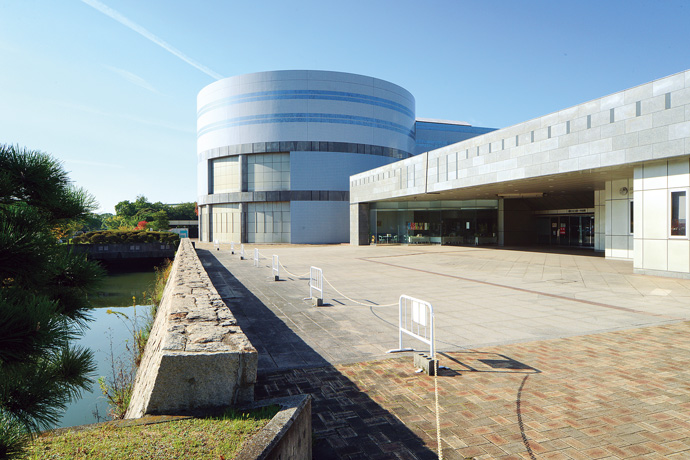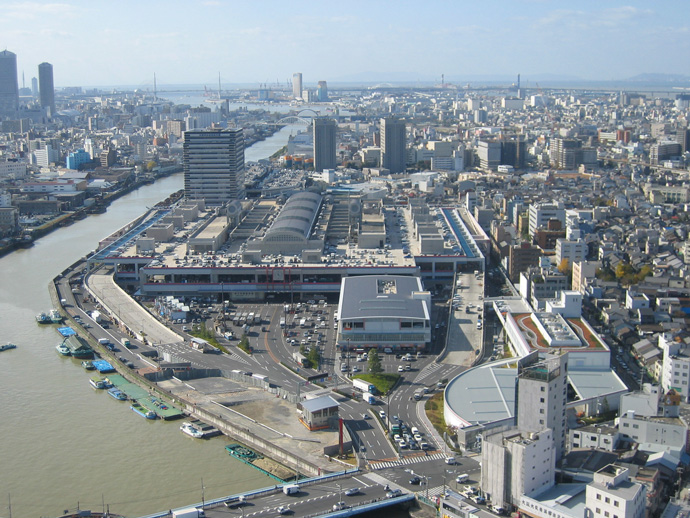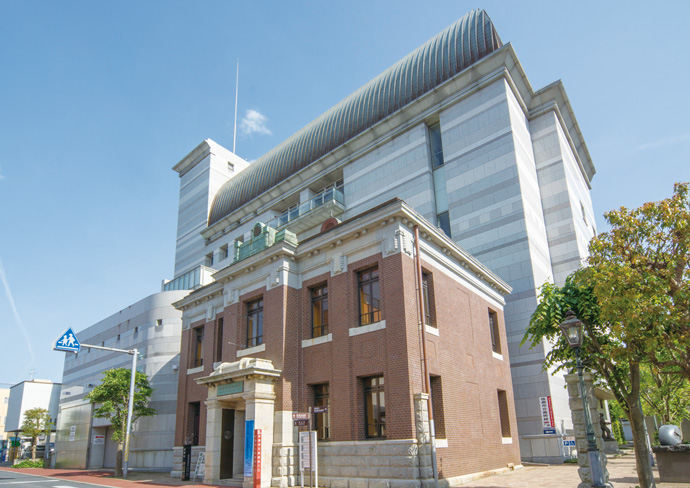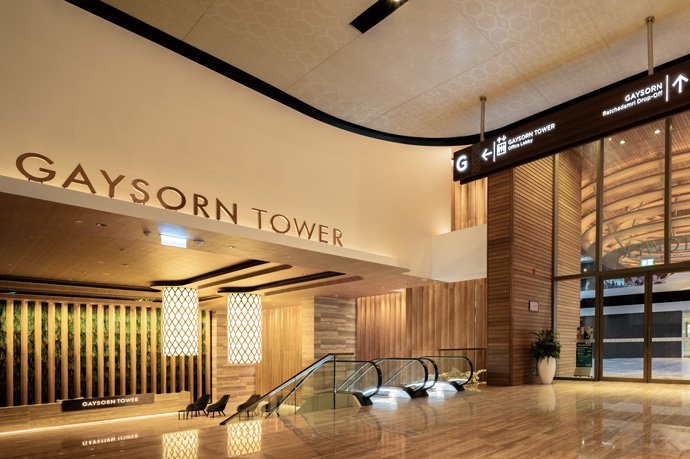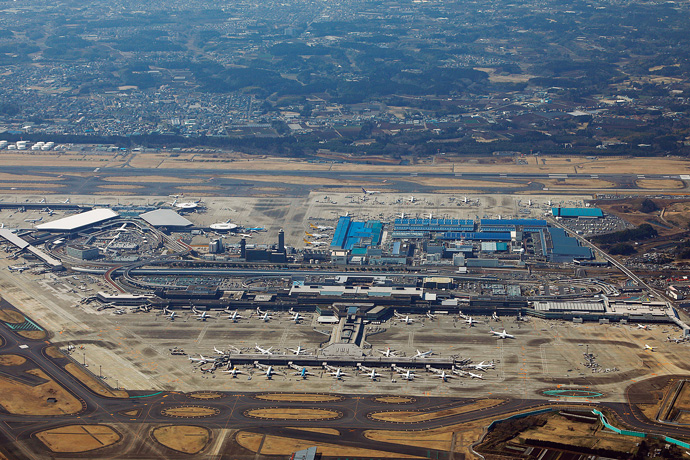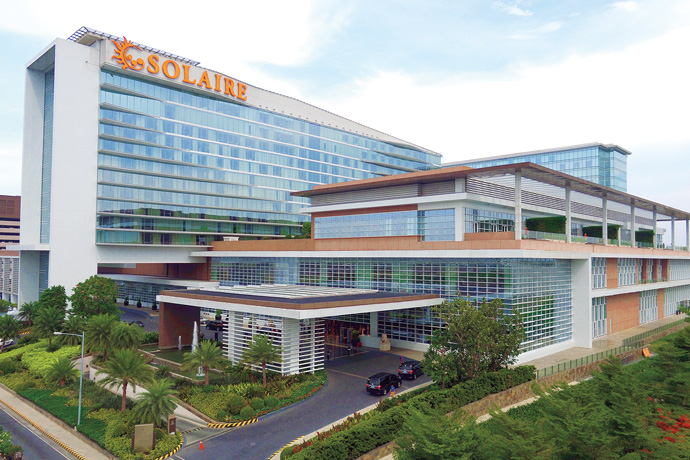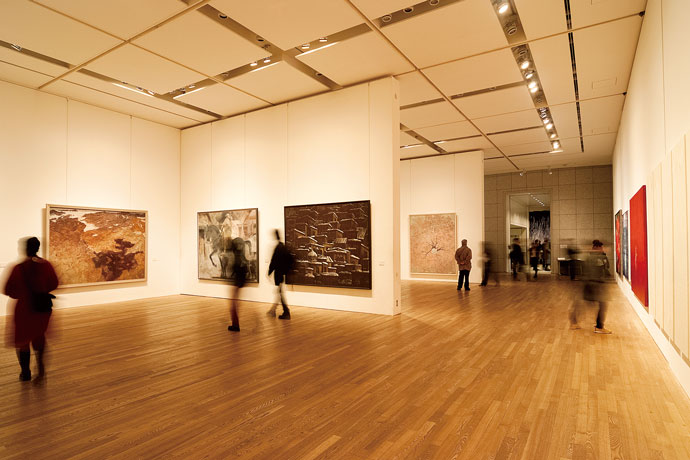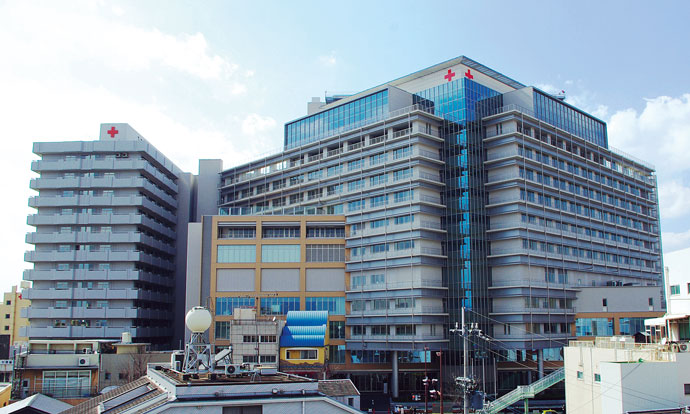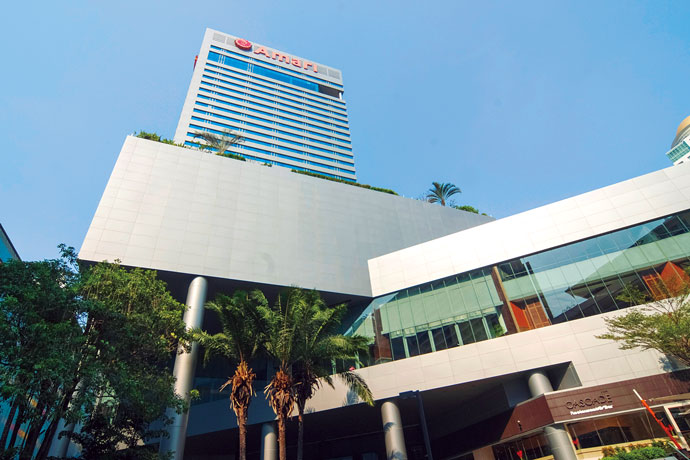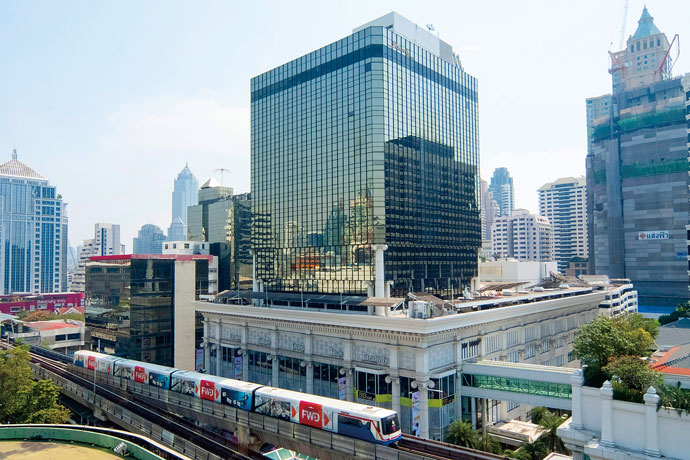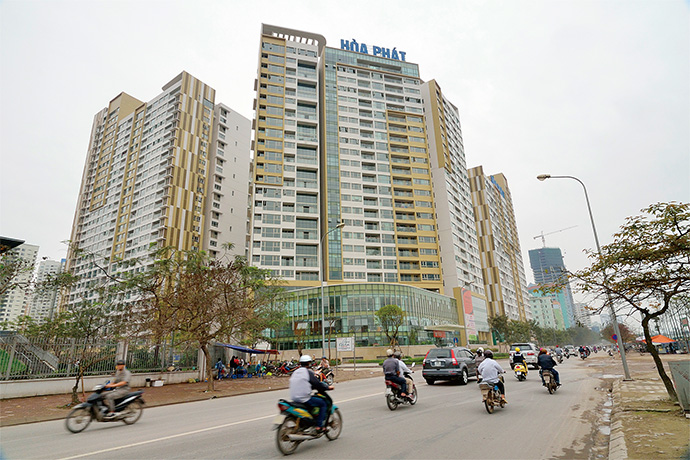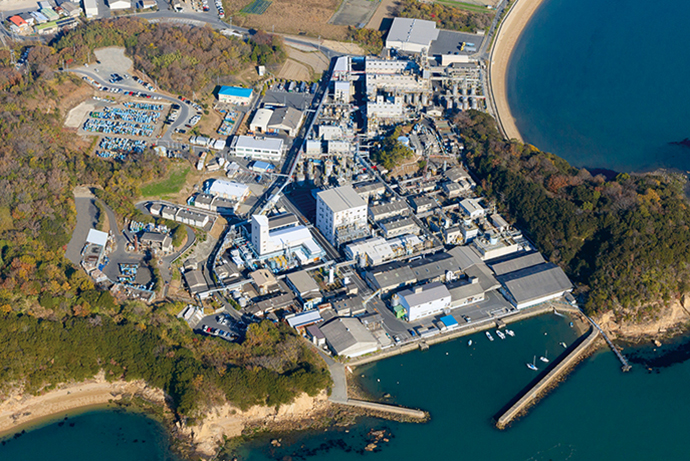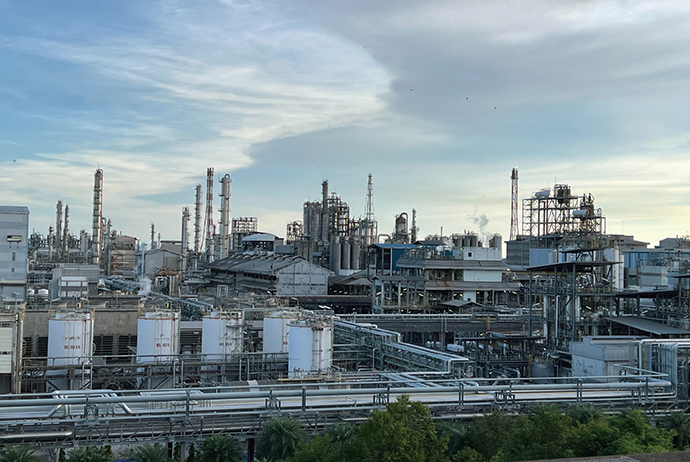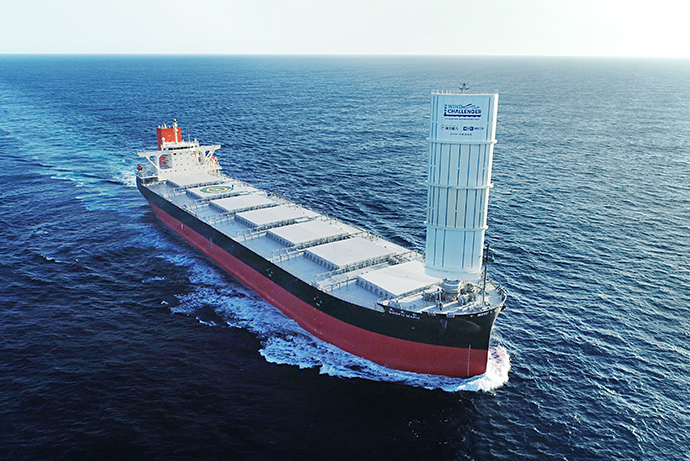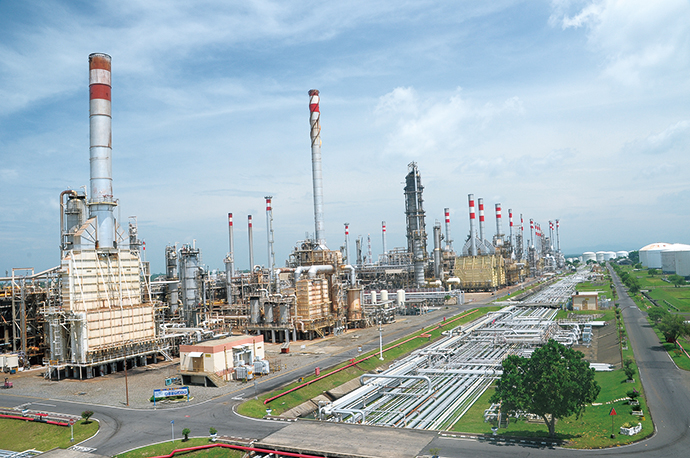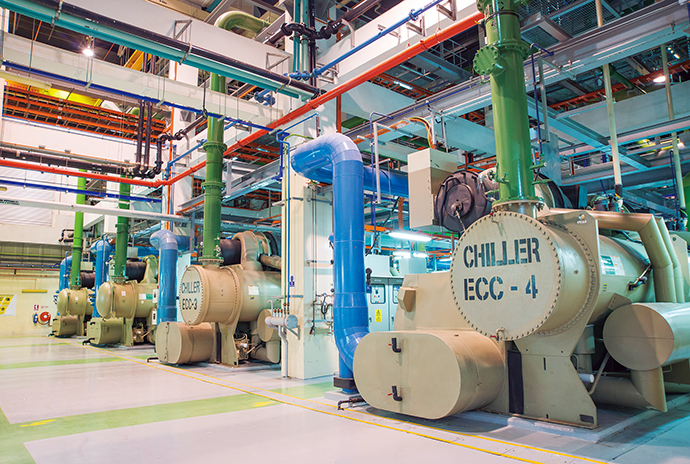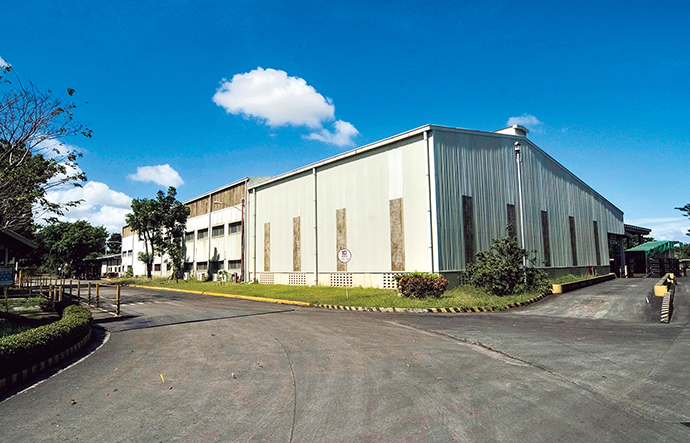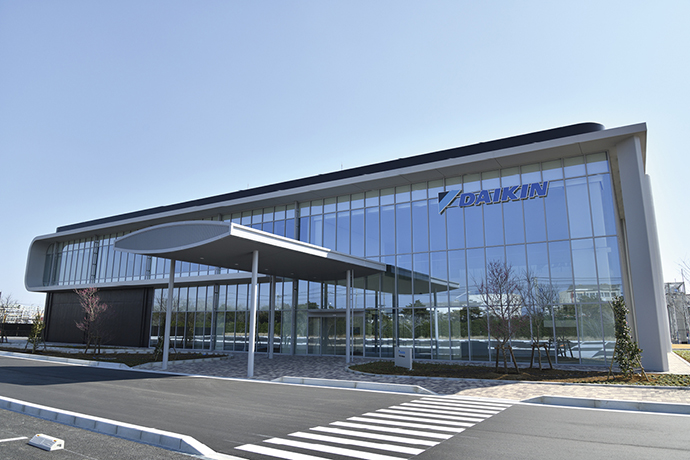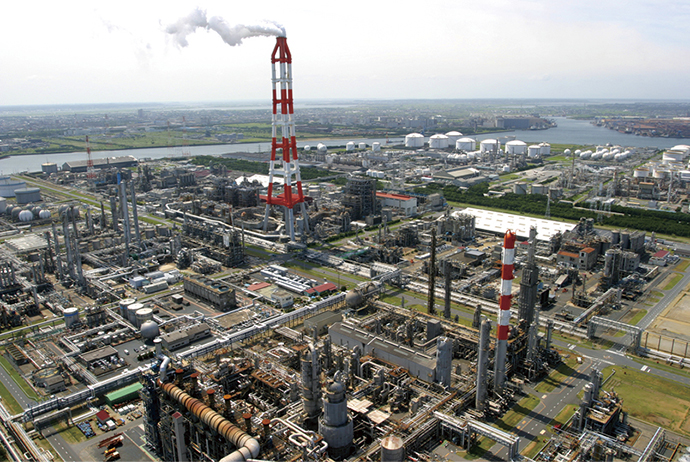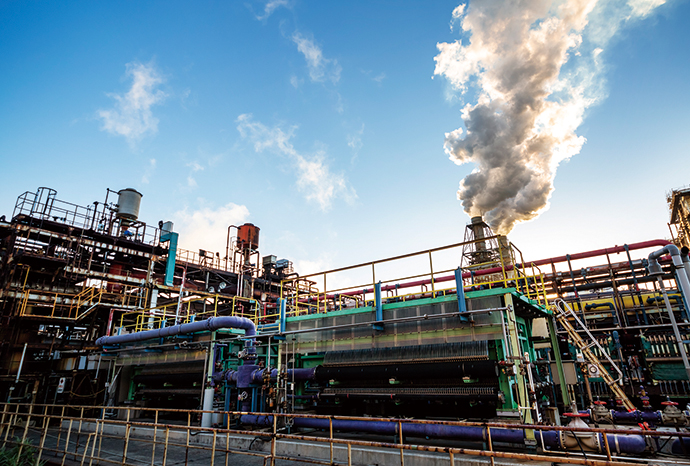savic-net FX Building Management System
Shinjuku Park Tower
Shinjuku Park Tower in Shinjuku, Tokyo introduced cloud services for buildings as part of updating its building operation system that it had been using for many years. The quality of services for tenants and the visualization of energy usage have improved convenience for both tenants and managers. When switching to the new service, operating instruction materials and videos were provided to ensure a smooth transition from the existing operating system. It is evolving into a building that can meet the needs of tenants.
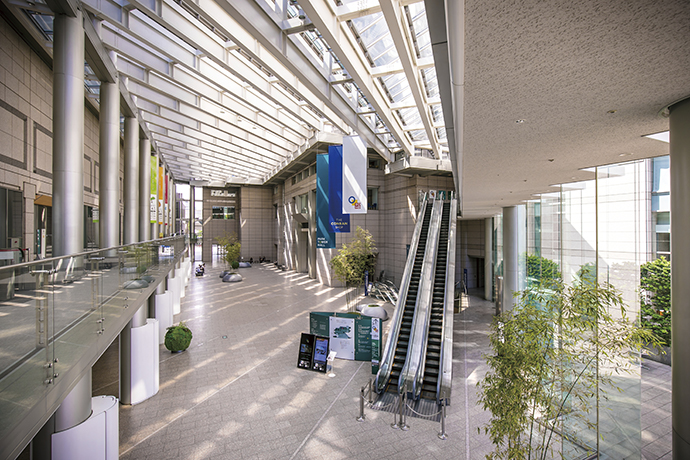
- Improving convenience by updating the building operation system that had been used for many years
- Aiming to unify vendors to simplify the overall process and improve operational efficiency
- Contributing to improving services for tenants, as well as supporting energy management operations for building managers
Building Solutions Office Buildings Hotels Shopping Centers Building Complexes Comfort Energy Efficiency Energy Management Cloud, IoT, and AI Building Management Systems Cloud Services for Buildings
Products/Services Provided
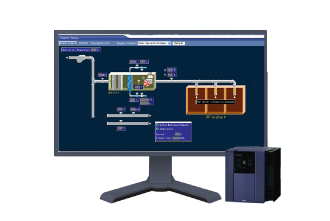
Improving convenience by updating the building operation system that had been used for many years
Shinjuku Park Tower is in the corner of a cluster of skyscrapers in the Nishi-Shinjuku area of Tokyo, in a prime location with the lush Shinjuku Central Park to the north. The eye-catching building, with its three triangular roofs, was completed in April 1994 as a high-rise complex with 52 floors above ground, 5 floors underground, and a height of 235 meters. The lower floors from the 1st basement to the 7th floor above ground are multipurpose halls, shops, restaurants, etc.; the 9th to the 37th floors are offices, and the upper floors from the 39th to the 52nd floors are a hotel. We aim to create an attractive three-dimensional city that integrates the functions of commerce, administration, and culture.
The building, which houses a variety of facilities, had been using its own building operation system linked to Azbil Corporation’s central monitoring system for air conditioning. In addition to functions for building managers to calculate utility costs for each tenant section, the system also allowed tenants to perform operations such as applying for extension of air conditioning operating hours and changing temperature settings in tenant offices from a dedicated website. The system had supported building management and tenant convenience for over 15 years.
“The OS support period for the building operation system we had been using for a long time was about to end. Additionally, there were limitations to the system’s functionality, such as reservations for extending air conditioning operating hours being limited to a maximum of two months in advance, and improving convenience was also an issue,” says Ippei Hattori, Deputy Section Manager of Tokyo Gas Real Estate Co.,Ltd.
Aiming to unify vendors to simplify the overall process and improve operational efficiency
In order to further improve convenience, Tokyo Gas Real Estate Co., Ltd., which operates and manages Shinjuku Park Tower, decided to update the system for air conditioning services for tenants as the OS support period for the building operation system was expiring in 2023.
“As this building is a complex facility, building operation management is extremely complex, and an interface was constructed to link the building operation system with the air conditioning central monitoring system, which requires a lot of effort and cost to update and maintain the interface unit. Looking to the future, we wanted to have the same vendor that built the air conditioning central monitoring system build the tenant service system, to simplify the system and improve operational efficiency,” says Mr. Hattori.
Therefore, the company adopted Cloud Service for Buildings proposed by Azbil, the vendor of the air conditioning central monitoring system.
“We have been using Azbil’s central monitoring system in our building since it was completed in 1994, and they have provided assistance with air conditioning control, maintenance of control equipment, and large-scale construction work. Accordingly, we have confidence in Azbil’s extensive know-how related to the operation and management of building facilities, and they have become an essential part of this building,” says Mr. Hattori.
Tokyo Gas Real Estate decided to adopt Cloud Services for Buildings in 2021. Full-scale use of the service began in March 2022 after formulating specifications related to service use and preparing the system environment such as data migration.
Contributing to improving services for tenants, as well as supporting energy management operations for building managers
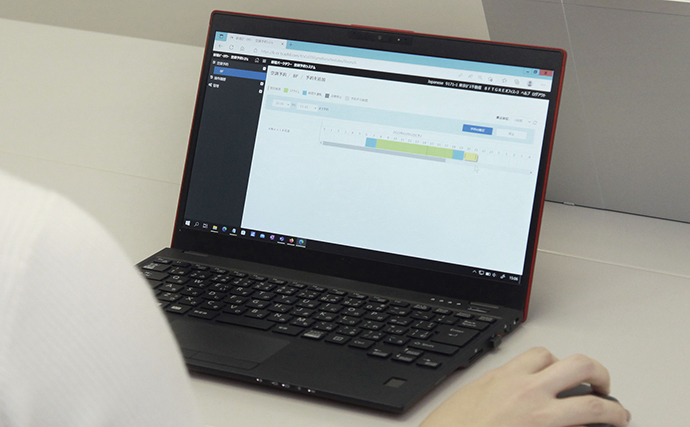
The Cloud Services for Buildings TS’s air conditioning extension reservation screen Tenants can apply for an extension of air conditioning operating hours for each air conditioning zone in their office from their PC or smartphone screen. The indoor temperature setting can be changed in the same way.
With the introduction of Cloud Services for Buildings TS (Tenant Service), the air conditioning functions provided to tenants in the building operation system have been moved to the cloud, and the design of the operation screen has become easier to understand and use. Tenants can use their PCs, tablets, or smartphones to reserve extended air conditioning operating hours and set indoor temperatures. The requested settings are automatically reflected in the control of savic-net™FX, Azbil’s central air conditioning monitoring system, via the Internet. In the previous system, temperature settings could only be changed in 1°C increments, but with TS, more detailed settings can be made in 0.5°C increments, which has been well received by tenants.
Additionally, prior to the introduction of the cloud services, Azbil held several briefing sessions for the tenants. Azbil also provided support to enable comfortable use of services with different specifications from the previous system, such as distributing a DVD containing a complete set of tutorial*1 material, including videos, to each tenant.
“The tutorial material distributed is rich in content and has made it easier for each tenant to use the service, while also reducing inquiries to the building management side. Additionally, by providing these materials to new tenants in advance, we are seeing the effect of allowing them to utilize TS immediately after moving in,” says Mr. Hattori.
On the other hand, the energy management (EM) function of Cloud Services for Buildings is utilized for building management and operations. Information related to the energy consumption of the entire building is collected from savic-net FX to the cloud and visualized on the web page. At Shinjuku Park Tower, instead of having Azbil report on the assessment and analysis of the building’s energy consumption trends, which used to be done once every six months, energy consumption trends can now be grasped in real time via a cloud service, and the management level has dramatically improved.
In a building operation, in addition to reporting obligations stipulated by the Energy Conservation Law*2, there are social demands for decarbonization such as SDG*3 or carbon neutrality. And there is a growing need among tenants to have a clear understanding of energy consumption trends in their offices and buildings. In order to meet these tenant needs, Tokyo Gas Real Estate would like to disclose EM data to tenants as appropriate.
“We believe that the use of cloud services for buildings will further improve the added value of Shinjuku Park Tower and contribute to making it a building that tenants will choose. We hope that Azbil will continue to utilize its knowledge and make proposals that will make this building even better, ” says Mr. Hattori.
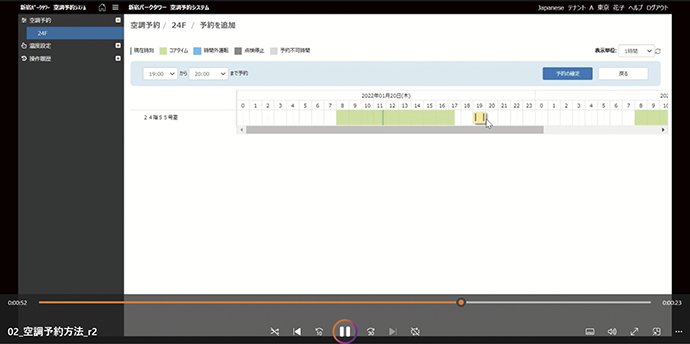
An image from the DVD distributed to tenants. Operations are explained in videos so that users can easily understand them visually.
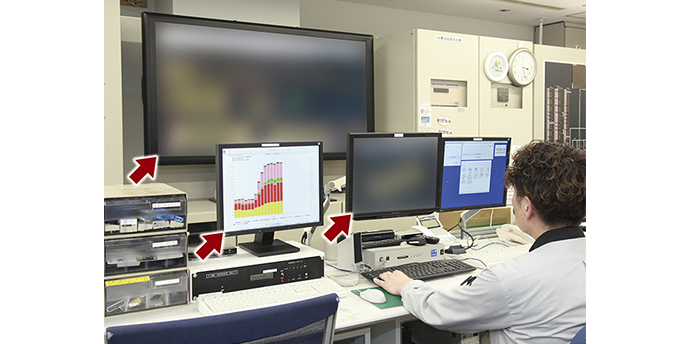
A monitor screen of the savic-net FX installed in the central monitoring room (center front), and an electricity consumption graph of the savic-net FX building management system (BMS) (front left). The control status of air conditioning is monitored by savic-net FX, and equipment ledger management and energy management are done by BMS. The large monitor can display information that equipment managers would like to share.
savic-net, savic-net FX are trademarks of Azbil Corporation in Japan.
glossary
*1 Tutorial
A step-by-step, practical explanation of basic knowledge and skills.
*2 The Energy Conservation Law
A Japanese law, also called the Act on the Rational Use of Energy. Depending on the amount of fuel (crude oil equivalent) consumed by factories and business establishments, designated energy management factories, both Type 1 (3,000 kl or more per year) and Type 2 (over 1,500 kl, and less than 3,000 kl per year), are required to submit legal documents, including reports on the status of energy consumption, medium- to long-term reports on energy efficiency measures, and periodic reports, and must appoint an energy manager.
*3 Sustainable Development Goals (SDGs)
International goals adopted at a United Nations summit in 2015 for the period from 2016 to 2030. Seventeen goals and 169 targets were established in order to achieve a sustainable, diverse, and inclusive society where no one will be left behind.
Learn about the customer
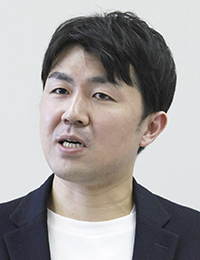
Engineering Department
Engineering Section II
Deputy Section Manager
Ippei Hattori
Shinjuku Park Tower
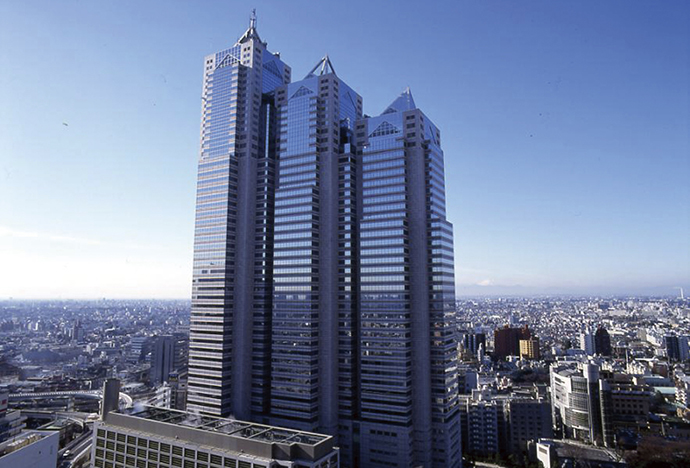
Tokyo Gas Real Estate Co., Ltd.
- Address:22F, Shinagawa Intercity Building C, 2-15-3 Konan, Minato-ku, Tokyo
- Founded:May 20, 1953
- Business:real estate development, rental, management, etc.
This article was published in July 2024.

